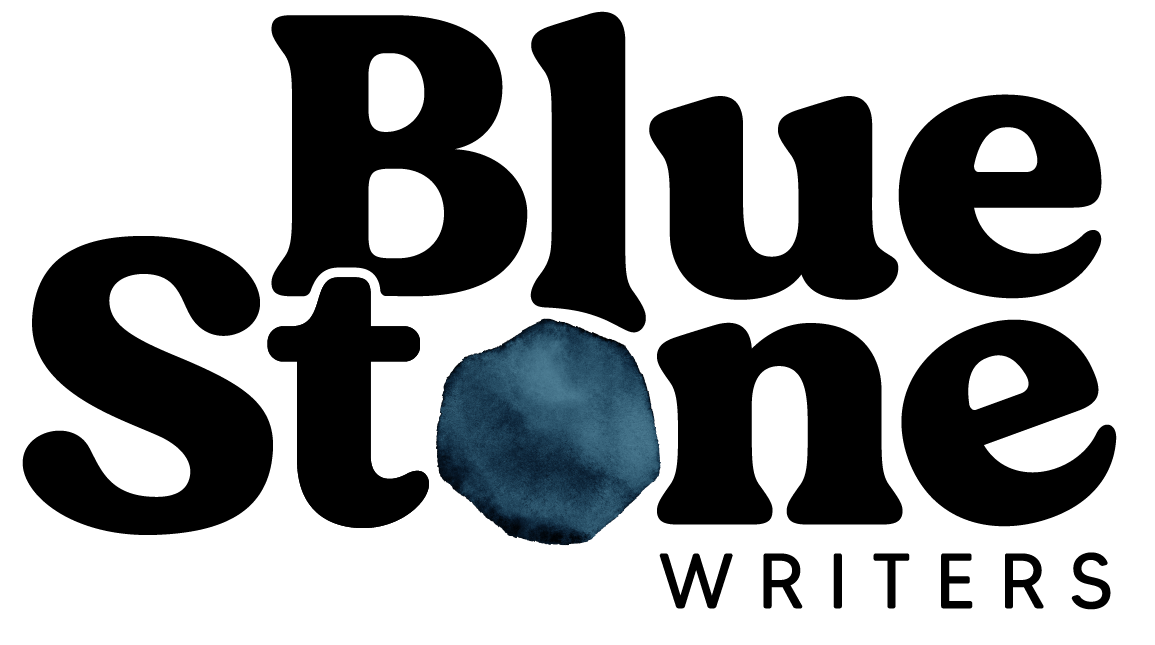Let the character pause and ponder, as you pause and ponder.
In my latest Fool & the Page interview, I had the privilege of speaking with Trista Edwards of Marvel + Moon. We talked about her brand new book of poetry SPECTRAL EVIDENCE, the importance of ritual baths for water signs—and every sign, I guess—the concept of hearth craft, anxiety about beginning and completing projects, creating magic in a chaotic home, new scents that will transport you to a witch’s autumn kitchen, and how to shift your physical space into a creative sanctum by striking a match and lighting a candle.
Trista’s life and work are both so passionately and beautifully about celebrating the things we love—material things we love, natural things we love—and yet we both came round to this idea (through pulling Eight of Swords), that it’s necessary sometimes to shove these things aside. You have to clear yourself a space to create, and make room for your ideas, and find balance. And that is a choice.
It means defining your boundaries, owning your own story, and making your own light.
So here are the prompts we came up with to reflect both Trista’s power with creating magical scents as well as the need to pause and ponder.
FIRST, do a sensory check of your space. Pay attention to your immediate surroundings. What is there to smell, touch, feel, taste, and hear? Pay attention to the smell and the feel of the air around you. Look for objects with texture. Imagine how it might feel to pick them up, and jot down your first thoughts. Write for four minutes.
SECOND, post a wild and wonderful question to your character. This can be someone you’ve just dreamed up, or someone in-progress. What does the moon smell like? Have your character respond in their voice, writing for six minutes.
NOW, give your character the moment to ponder something strange (in addition to the smell of the moon, yes). This moment does not have to move the plot forward. It does not have to include an encounter of any kind. It is simply a time to let your character pause and consider something. To daydream. Write for seven minutes.
Lastly, respond to the question: What is controlling your character and what do they need to let go in order to move forward? As always, this question can be used for self-reflection. You can insert yourself into the space of the character and use this time to consider the things that may be holding you back. Write for eight minutes.
How did it go? Did you dig it? Subscribe to The Fool & the Page for more guided writing and cosmic conversation.


